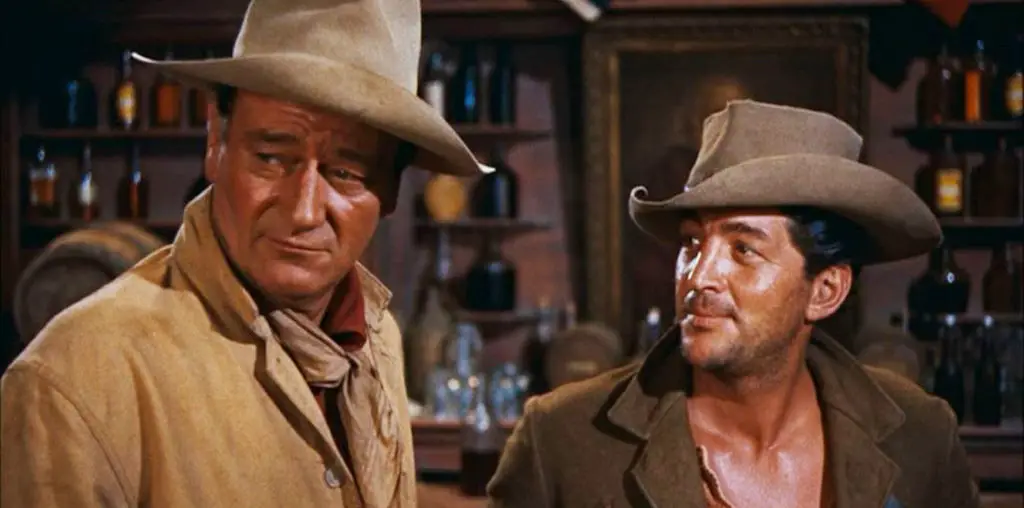
Contact sports are about the mind as much as the body. The former is too aware of the latter’s state, if not during play than certainly after it. For the long-time player, the body begins to fail, and fear grows of the coming collapse.
I didn’t expect the new feel-good popcorn cruncher “Real Steel” to find such a vein. At first glance, Shawn Levy’s flick seems more concerned with drawing the “Transformers” crowd giddy to see motion-captured animatronics clash and pummel. The film, however, owes much to its inspiration, Richard Matheson’s 1956 short story “Steel,” which the author also adapted for the final season of “The Twilight Zone.”
In Matheson’s tale, a retired boxer (nicely played by Lee Marvin in the “TZ” episode) has seen robots take the ring, by law, and programs them to fight. When his robo-fighter fails, he enters the ropes disguised as a legal contender, for an unlikely and futile last shot. The story’s robots are only as good as their strength. Hence, through the speculative device, the ailing body of the old fighter is revised into something more foreign, man-made and still beyond his control.
“Real Steel” takes different turns but keeps the spirit of its source. In this case, old fighter Charlie Kenton (a not quite convincing but passable Hugh Jackman) is only as good as his most recent acquisition: a series of oversized robots he controls from ringside. Charlie’s machines prove beyond his control, even though he seems to possess the skill of operation. He occasionally gets distracted at a key moment, yet mainly the parts fail. Hence, his struggle is one that any old-time battler feels about his own body. Like many in the tradition, Jackman’s fighter is estranged from family, friends, and financial security.
But when his son Max (Dakota Goyo) returns to him – in a deal for which the less-likable Charlie accepts cash for a new bot – the latter eventually gets a chance at redemption. After his expensive bots lose, an older model found at a dumpsite becomes an unlikely winner for him. Atom, the recovered relic, is a second generation (i.e., now outdated) model that has the spirit to match Charlie’s enthusiastic son. Father reconnecting with son also brings warmth from Bailey (Evangeline Lilly), to complete a family unit that can ground and turn Charlie around.
With many bonding scenes between Max and Atom, the film comes dangerously close to that overplayed conceit: finding a soul in the machine. Thankfully, Atom doesn’t possess one – he’s just an old version that lives on. With Max’s help, Atom brings the fighter’s (and all-around) spirit out of Charlie. And yet the true heart of the film is Max, who refuses to let his dad sell out Atom and, through the rest of the film, helps us recall “The Champ” on a much better day.
The script clarifies that Atom’s ability to shadow humans is quite rare. It’s essential to the film, if barely credible, even in the film’s universe. Still, it’s nice to see a tale of the near future that doesn’t show it in every inch of the production design. Aside from those lively bots, “Real Steel’s” time is like ours – a fitting take, since the film is more aligned to tradition than today’s science fiction. The film serves a broad audience without exploiting the classic boxing tradition. “Mind over matter” may be age-old, but this one delivers it in a fun package.

